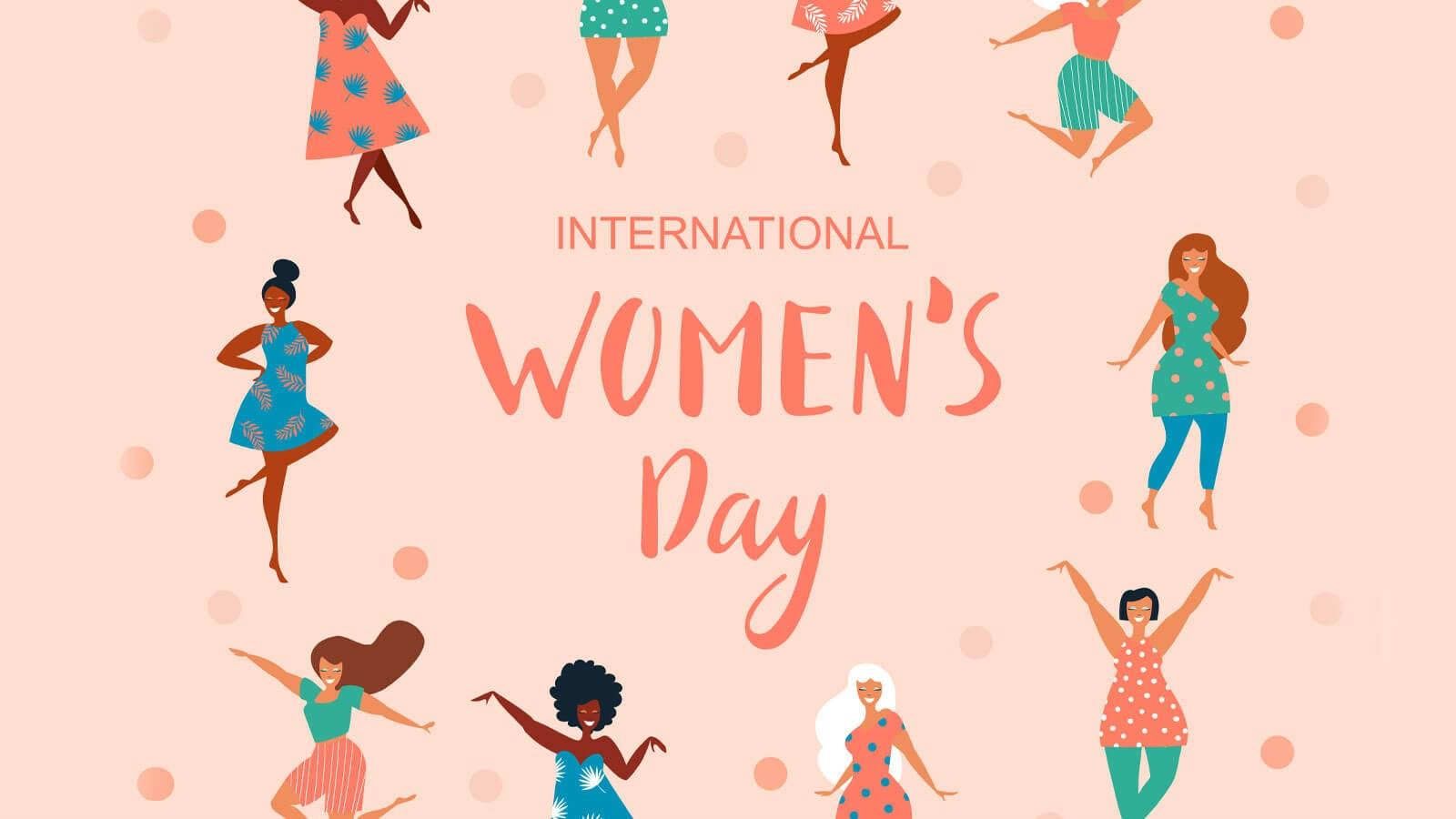The International Women’s Day is marked on March 8 every year to deliberately create awareness about the significant roles women play all over the world and how to implement strategies to achieve gender inclusion in all sectors – governance and private. According to the IWD’s mission, the day is aimed at “raising greater awareness about issues impacting women’s equality; taking a stance to call out inequality while working to forge positive action; highlighting and applauding where important gains are being made; and celebrating women’s achievements and accomplishments.”
The theme for this year’s IWD is #BreaktheBias, as the campaign calls for “a world free of bias, stereotypes and discrimination; a world that is diverse, equitable and inclusive; a world where difference is valued and celebrated,” with a call for all to join hands in breaking the bias against women.
- We’ll treat repatriation of Nigerian refugees as emergency – Osinbajo
- ‘ How NIPRISAN is improving access to sickle cell treatment in Nigeria’
We join the rest of the world to celebrate the female folk in Nigeria who have, against all odds, contributed immensely to the growth and prosperity of the country in diverse sectors. In spite of their vulnerability, women and girls have demonstrated that they could be influential leaders and change-makers at home, in governance and in work places. In the past few years, women have come under several forms of attack from bandits, insurgents among others, yet they have remained undaunted and we salute them for that. It is for this reason that, as a newspaper, we encourage measures that would empower them.
SPONSOR AD
This year’s International Women’s Day is coming at a time when the bill on gender equality, in the ongoing amendment to the 1999 Constitution of the Federal Republic of Nigeria, was voted out by members of the National Assembly. The lawmakers’ action was very unfortunate, especially because the National Assembly is one institution that is guilty of gender inequality. For instance, in the 9th National Assembly, there are only 12 women in the House of Representatives, out of 360 members. In the Senate, there are only seven women out of 109 senators.
Worse still, across the 36 states of the federation, there are only 44 women in the state houses of assembly. This under-representation is totally unacceptable in a democracy. It speaks loudly of the lack of gender inclusion, not to talk of equity, and in the country’s polity, women have continued to be edged out without recourse to the affirmation by political parties that 35 per cent political appointments should be reserved for women. The few women who have made it to political offices may have passed through the eye of the needle, enduring all sorts of abuses, persecution and marginalisation. Nigeria must join the ranks of countries that give opportunities for women to thrive in government. For instance, in Rwanda, 61 per cent of members of parliament are women. In Cuba, it is 52%; United Arab Emirate (50%); Mexico (48%); Sweden (46%); Bolivia, women surpass men in the parliament, while in New Zealand, the prime minister is female – Jacinda Ardern.
The countries mentioned above achieved gender parity as a result of deliberate policies or affirmative action laws. They all took legislative actions to deliberately achieve gender inclusion in governance. However, all hope is not lost, as the country’s polity is still evolving, and women have continued to get their voices heard through various platforms. As the country prepares for 2023, we call on all political parties to deliberately implement the policy of reserving 35 per cent of political appointments for women, as stipulated in their constitutions. This is possible because the issue of zoning of political offices, though not in the country’s constitution, has been implemented by political parties since 1999. We call on political parties to correct the mistakes of the past by ensuring that in the next dispensation, 35 per cent slots for elective positions and political appointments at the three tiers of government are allotted to women.
Furthermore, we call on women groups and those who are politically active to lobby political leaders as they press hard for gender equality in order to #BreaktheBias in Nigeria. Though many groups have vigorously campaigned for gender equality before the recent voting for the amendment of the constitution, it was apparent that those campaigns did not translate to lobbying to influence the voting in the National Assembly. Lawmakers and political decision makers must be made to understand that women are partners with men, not necessarily equal, as portrayed by gender equality advocates. If political parties are made to realise this fact, they will allocate more slots for women in the various facets of governance and political leadership. Lobbying may be more effective than protests, or even social media campaigns, which may not make a tremendous impact among political decision-makers.
As a newspaper, we wish all our women a happy International Women’s Day celebration.

 Join Daily Trust WhatsApp Community For Quick Access To News and Happenings Around You.
Join Daily Trust WhatsApp Community For Quick Access To News and Happenings Around You.
